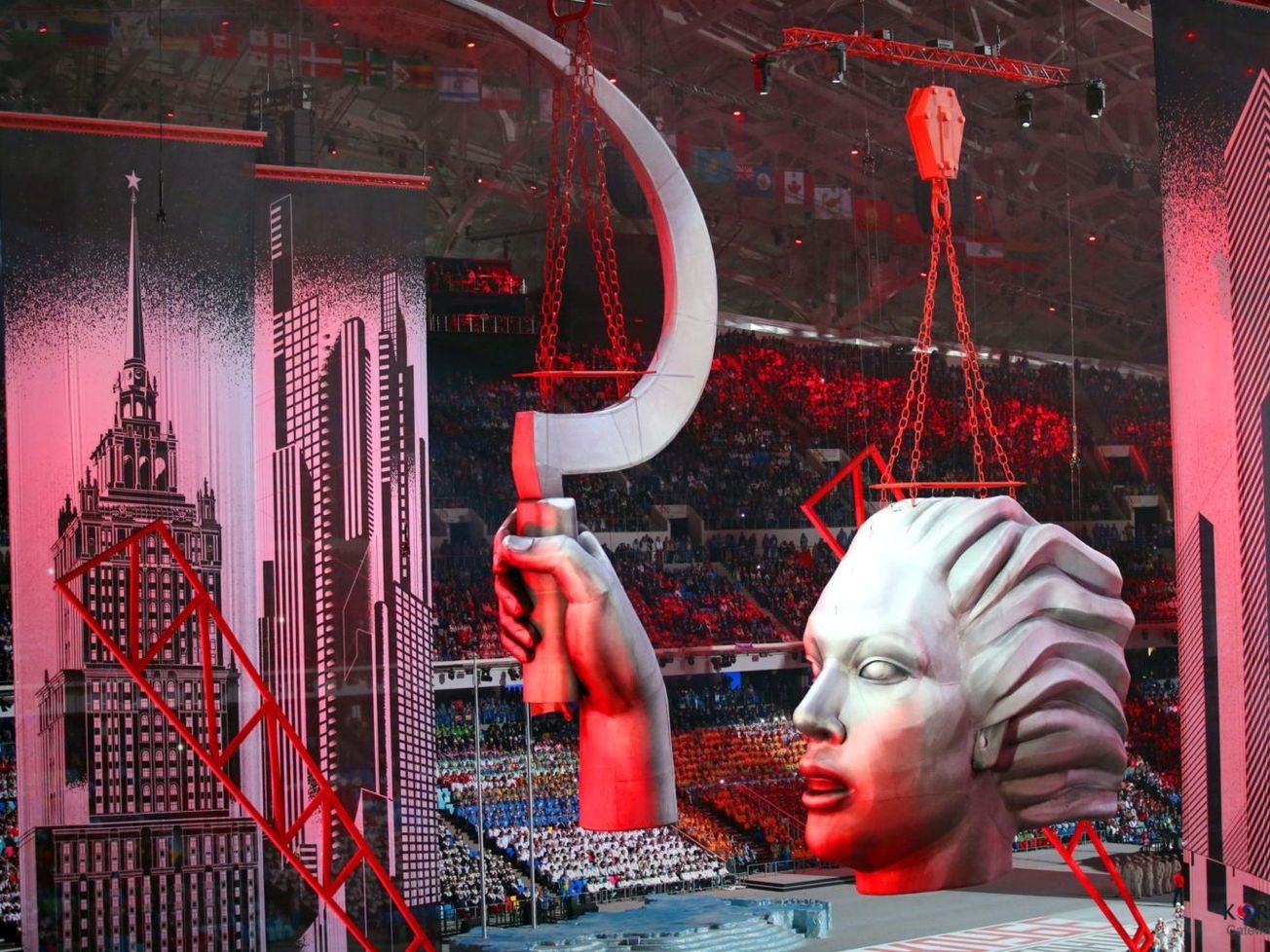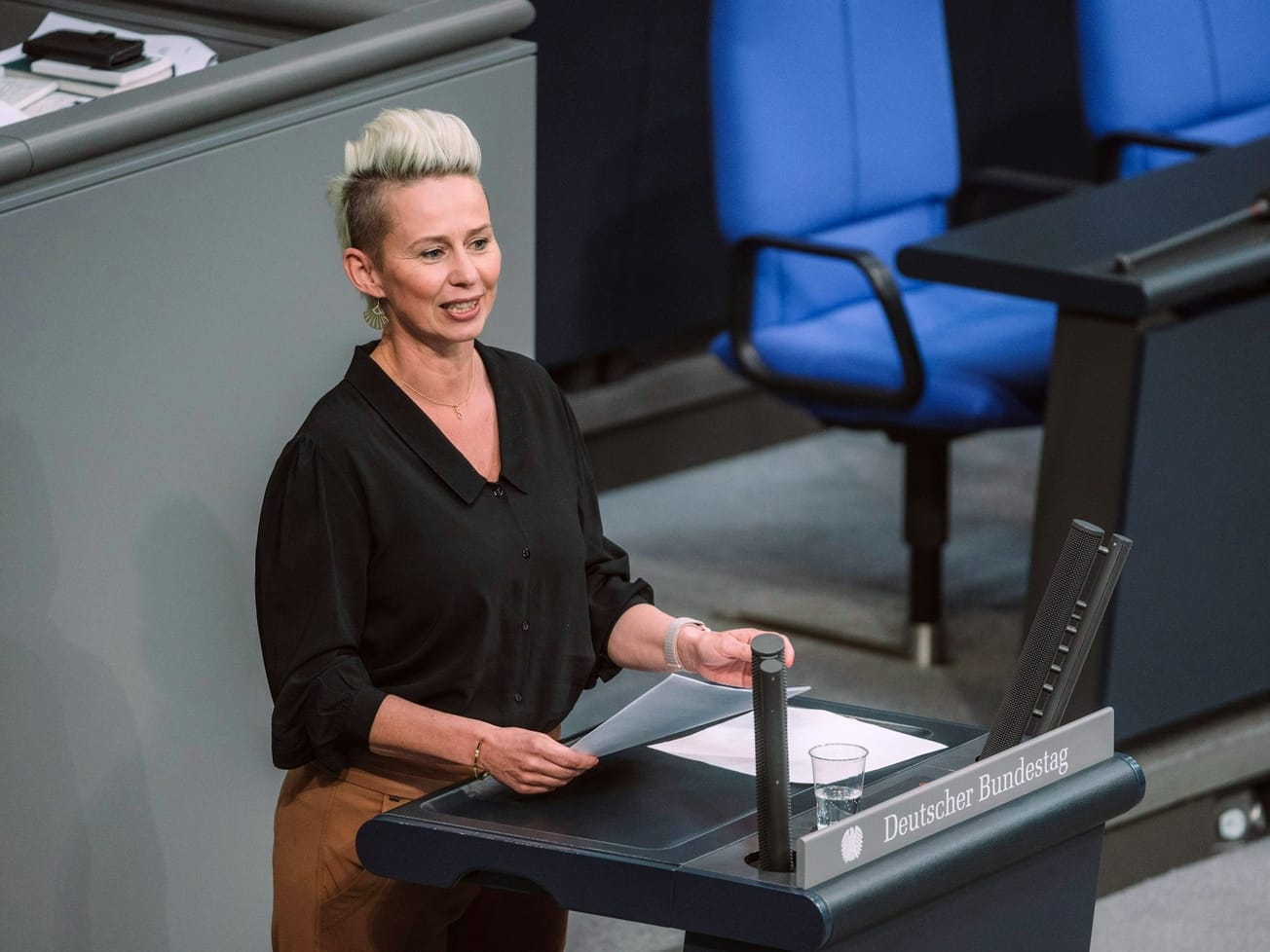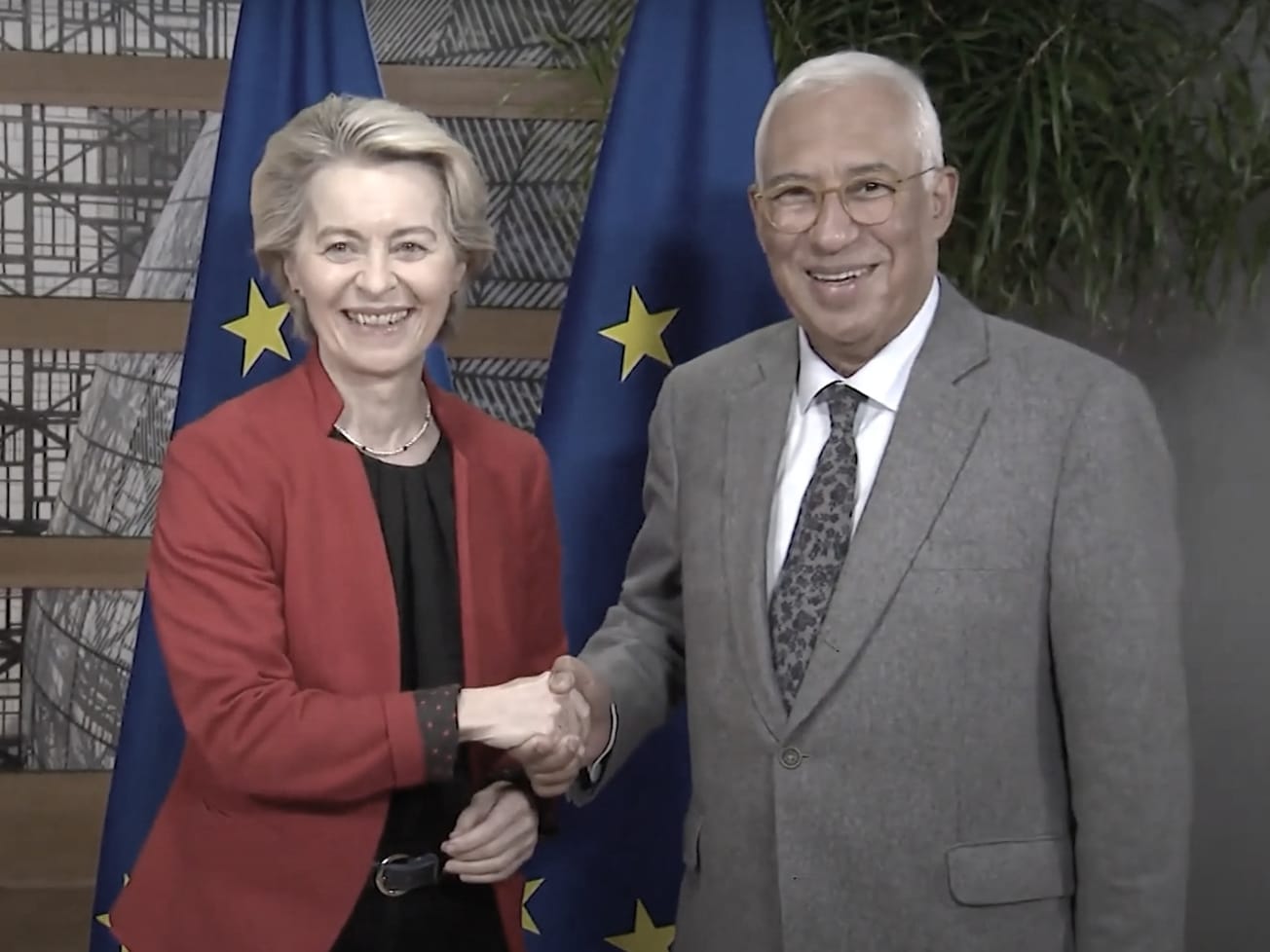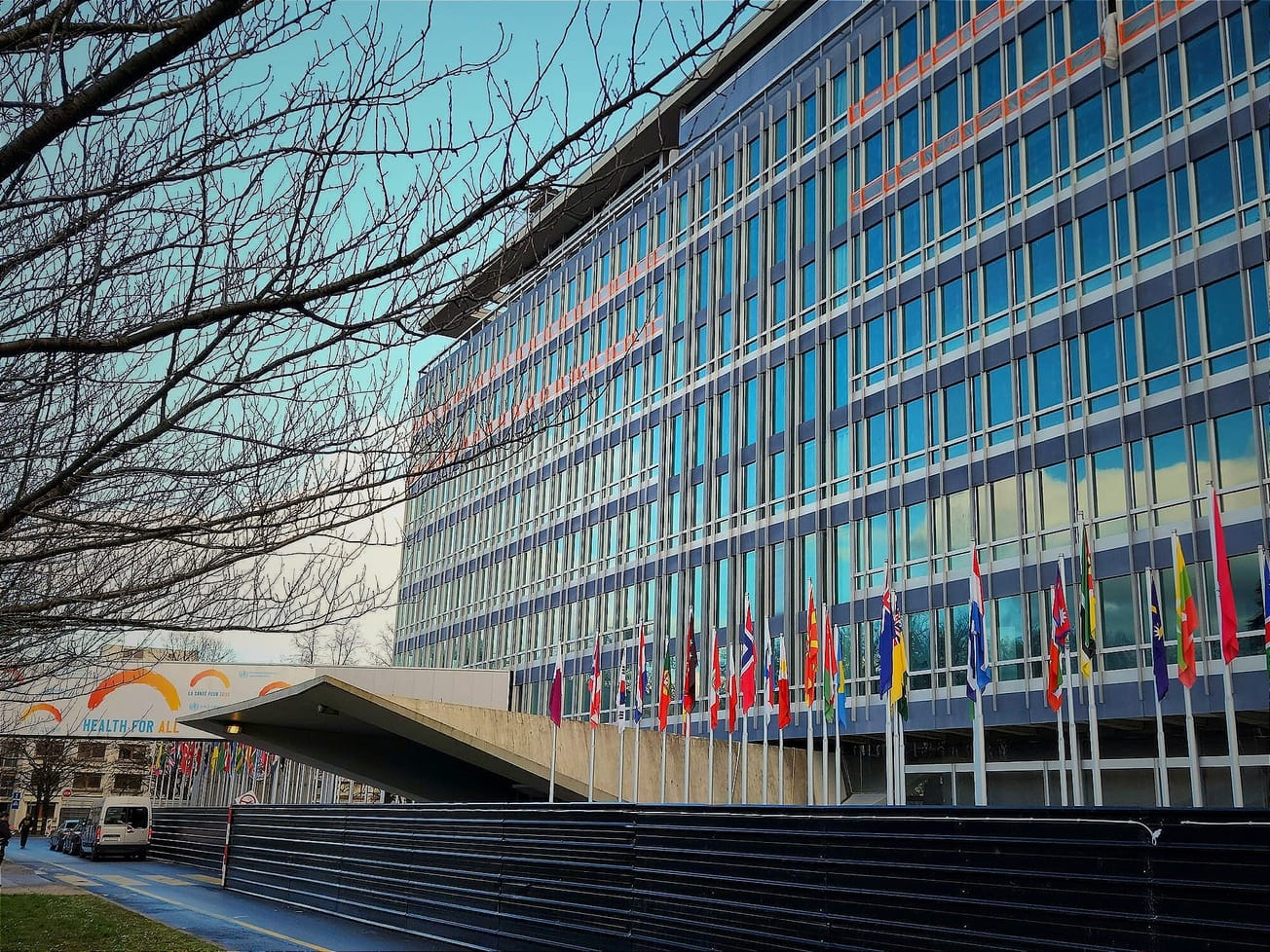GENEVA (AN) — The World Anti-Doping Agency's executive committee banned Russia on Monday from competing at international sports events for the next four years, a ruling that bars the country from competing in the next two Olympic Games.
The committee's 12 members, meeting in Lausanne, Switzerland, unanimously endorsed a recommendation by an internal compliance panel to declare that Russia's anti-doping agency, RUSADA, has not been adhering to Montreal-based WADA's core policies, rules and regulations for sport around the world.









